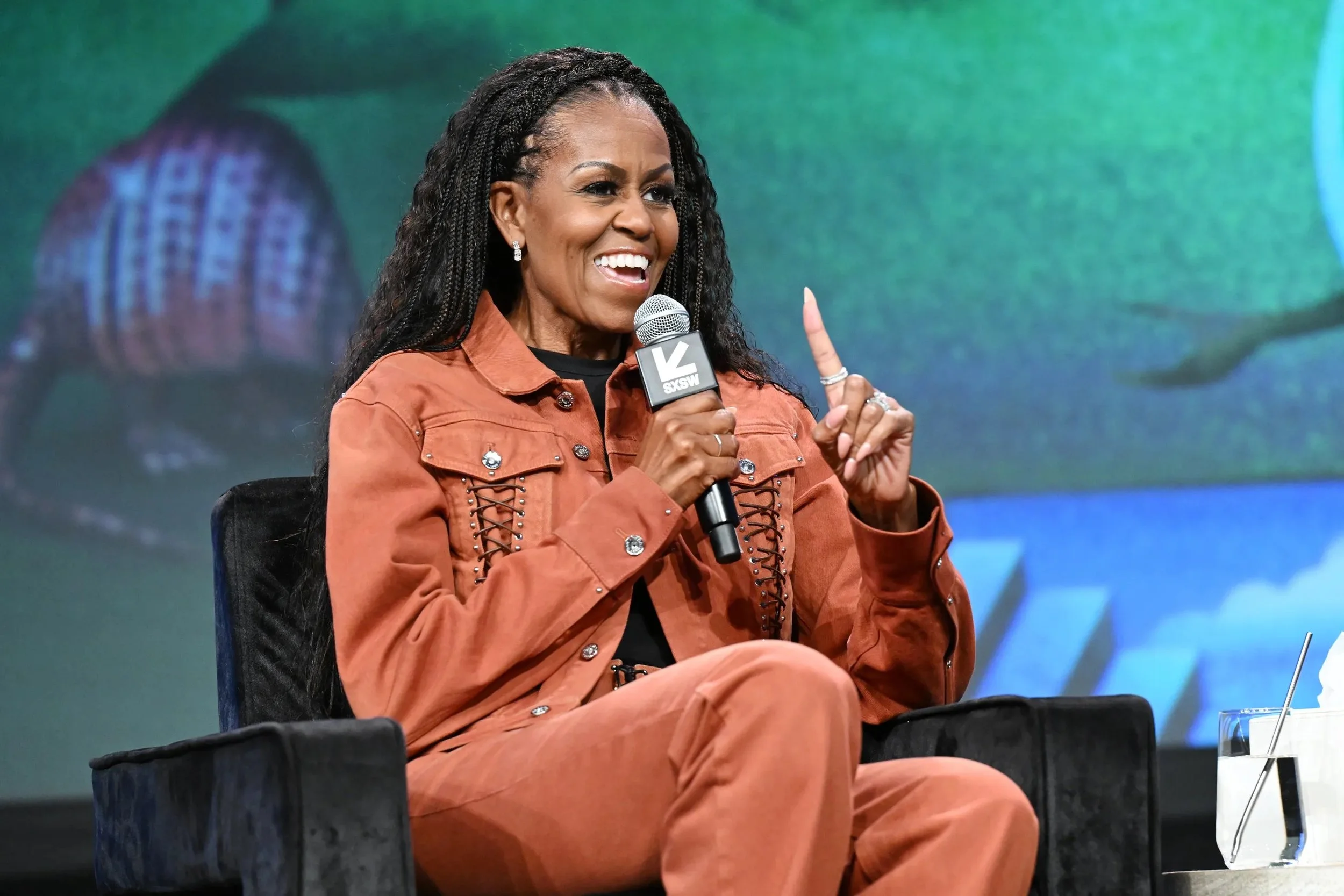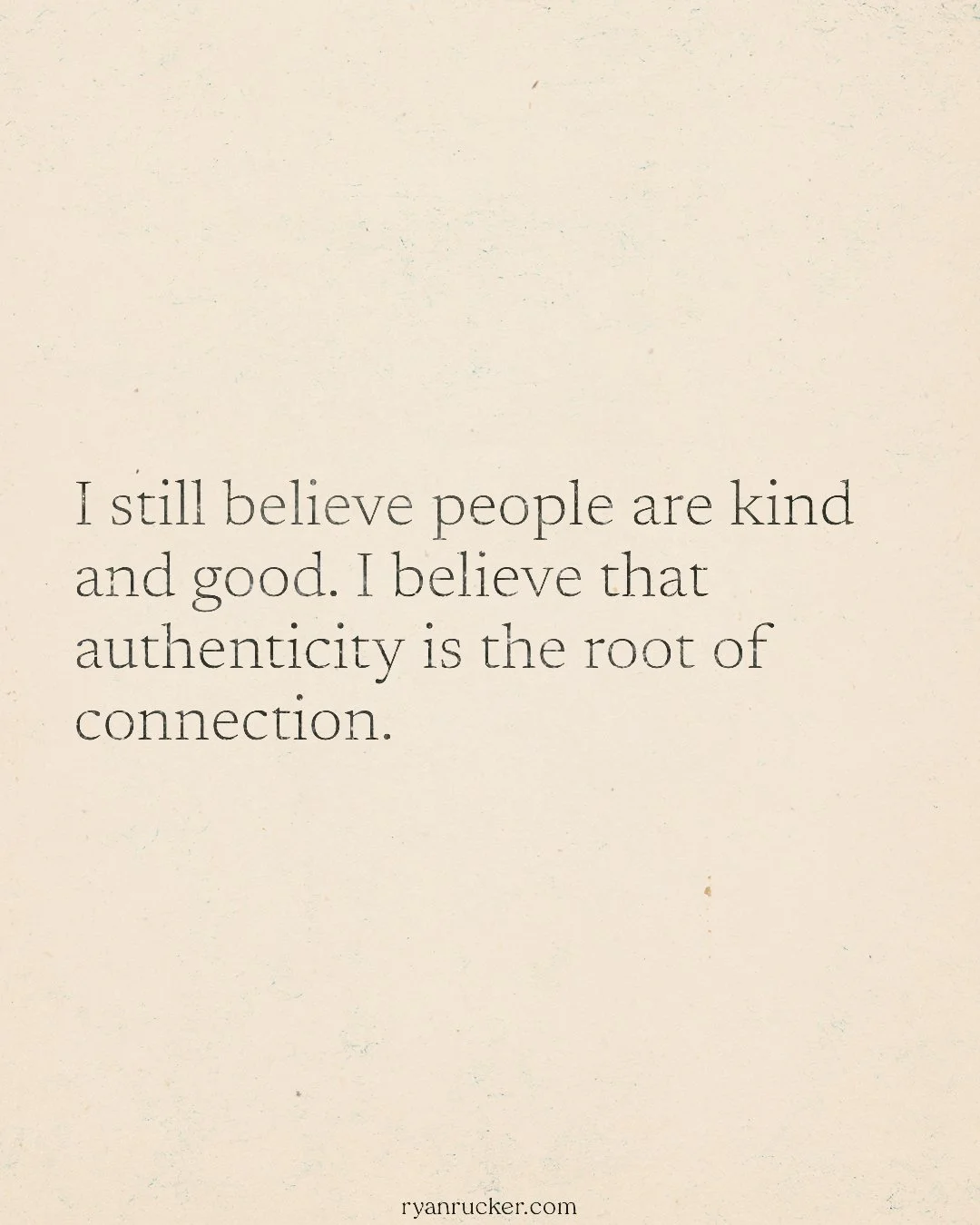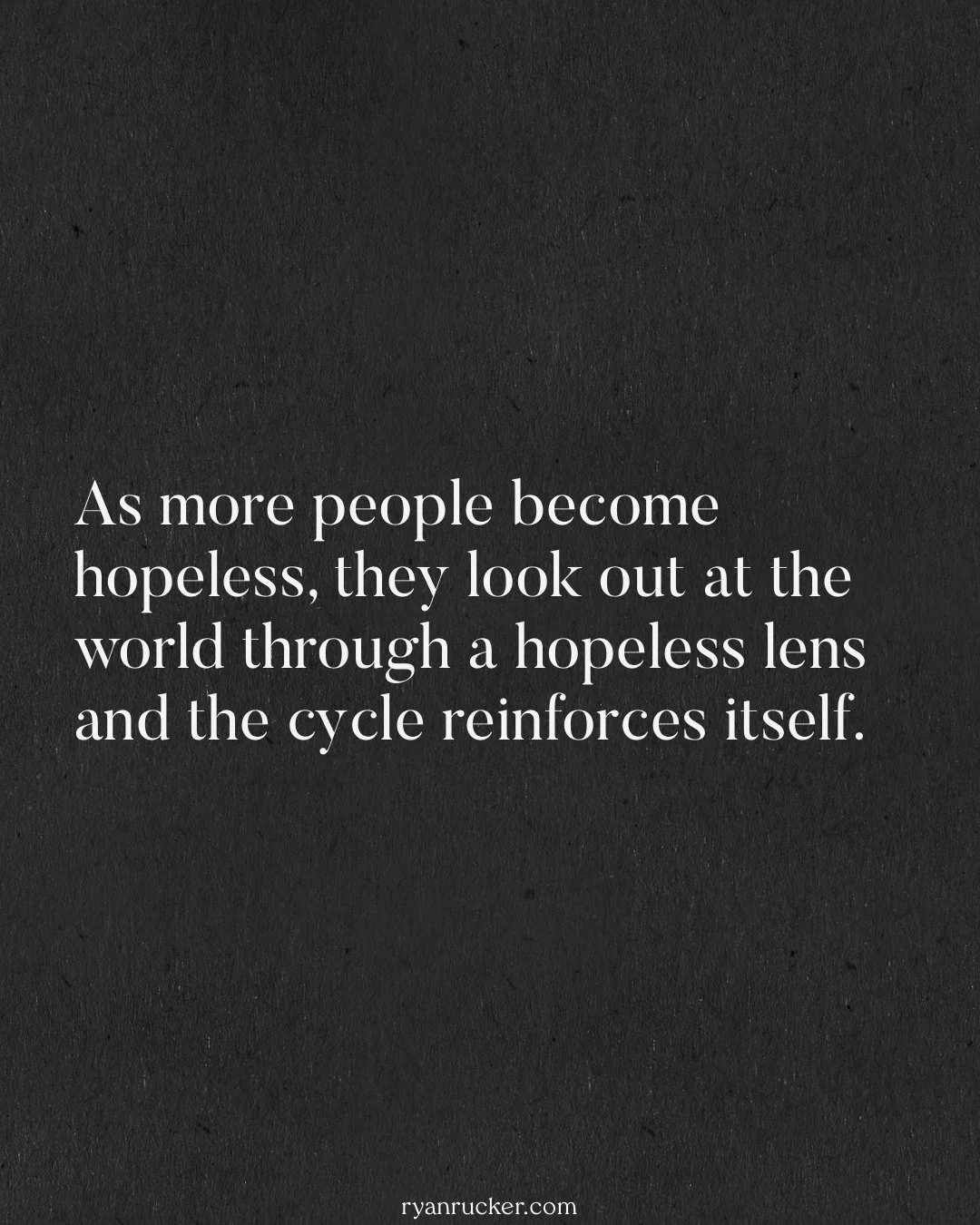Fighting back Against Hopelessness
Breaking Down Dr. Laurie Santos’s appearance on the IMO Podcast
Last week on a walk with my dogs, I was listening to Michelle Obama and Craig Robinson’s new podcast, IMO. The weather was crisp, and current events had me feeling down, which was why this particular episode came at just the right time.
The episode was titled Combatting Hopelessness with Dr. Laurie Santos, a Yale Professor and host of the Happiness Lab Podcast. I wasn’t aware of her work, but a segment in this episode literally stopped me in my tracks.
The episode was recorded live at SXSW, and the trio took a question from a gentleman named James. James spoke about the LA fires, domestic and political unrest, and the general hopelessness that millennials and Gen Z feel right now.
After some back and forth between the hosts and their guest, Dr. Laurie was able to find words that felt like tough love.
“Well, it’s bad. As you probably guessed, it’s not great to live in a completely hopeless culture.”
Okay, that wasn’t necessarily it, but Dr. Laurie continues.
“Researchers have studied this over time. One of the best ways they assess it is by asking people, “On average, can you trust the other people around you?” In the 1970s, around 50% of people said, “Yeah, on average, most folks can be trusted.” When the same question was asked in 2018, that number dropped to a little less than a third.”
Okay, not shocking, per se, but it’s nice to know I’m not crazy.
One of my biggest frustrations today is people’s apathy. You can feel it on the roads and online. I think that’s why, on this particular walk, the world was just bothering me.
Every where I go I’m reminded of the most incompetent people on earth in positions of power and influence who have no business managing a fantasy football roster let alone the country. James ’s question resonated with me, and I needed this answer just as much as anyone.
Dr. Laurie goes on to say,
“People who experience less hope also experience more depression, more anxiety, and more loneliness.”
She continues by saying,
“It’s also bad for our physical health. People who are more cynical report higher rates of diabetes and heart disease.”
Loneliness, depression, heart disease, ugh. I want nothing to do with any of that, but at the same time, my current state of mind is leading to all of it. But hopelessness doesn’t just affect me…
“It’s probably bad for us as a society, too. When you don’t experience hope, you start to believe that things are never going to get better—and when you think things won’t get better, you don’t take action to make them better. You don’t vote. You don’t do things that help others. Research shows that people who are more cynical self-report not voting, not donating to charity, and not doing the things that would actually make the world better.”
“As more people become hopeless, they look out at the world through a hopeless lens. They post on social media with a hopeless lens. We get podcasts that are very hopeless, and the cycle reinforces itself. We keep feeding each other this bleak perception of the world—one that might not even be accurate.”
At this point, I’m feeling conflicted. Yes, feeling hopeless but also feeling stuck as I don’t know how to move forward.
Michelle asks Dr. Laurie about the term transference, and she goes on to speak about algorithms, online anger, and being glued to our phones.
“So all of this together means not only is there transference, but there’s a specific kind of transference happening: the spread of hopelessness.”
I’m on a walk with my dogs, right? I’m not trying to feel so conflicted, but I am, and I’m glad I was.
It’s a catch-22. I don’t want to walk into a funeral and scream, “Would you look at this weather outside? It’s beautiful!” Nobody’s trying to hear that. But is my hopelessness feeding into a doom loop of hopelessness that’s led to our current state of affairs? Where do I go from here? Dr. Laurie has some thoughts…
While speaking about social media use, Dr. Laurie says,
“You can even ask yourself, “How do I feel after that scroll through Reddit or social media?” Then ask, “Do I feel more empowered, more hopeful? Or do I feel kind of gross and in despair?
You can choose to put that away. You can mindfully notice how it’s making you feel and decide to just put your phone back in your pocket.”
With our world becoming increasingly more online, it’s difficult to stay away from current events. Not to mention, the times I do shut off my phone to enjoy some peace and quiet, I feel guilty knowing families of mixed-status homes don’t enjoy the same freedoms.
We’re all feeling hopeless. Historically, I’m about as positive as they come. These past few years have sucked the life out of my positive spirit, but I’m working to get it back.
On my walk, I looked down at my dogs who were happily taking in the sights and smells. It’s the same trail I take them on almost everyday. How are they still so excited?
I walk past neighbors who are also enjoying the trail. I see squirrels chasing each other around the fallen pine cones. I enjoy the shade of trees that were planted long before I showed up. I see hope everywhere I go.
I am a very online person. As a writer, I kinda have to be, but I don’t have to play into the dark clouds of engagement.
I still believe people are kind and good. I believe that authenticity is the root of connection. The reality is that atrocities will happen and justice won’t be served in a way that these monsters deserve. That sucks. But these people are banking on my hopelessness to continue their destruction, and I’m not giving them the satisfaction of my apathy.
Still, I choose hope.












